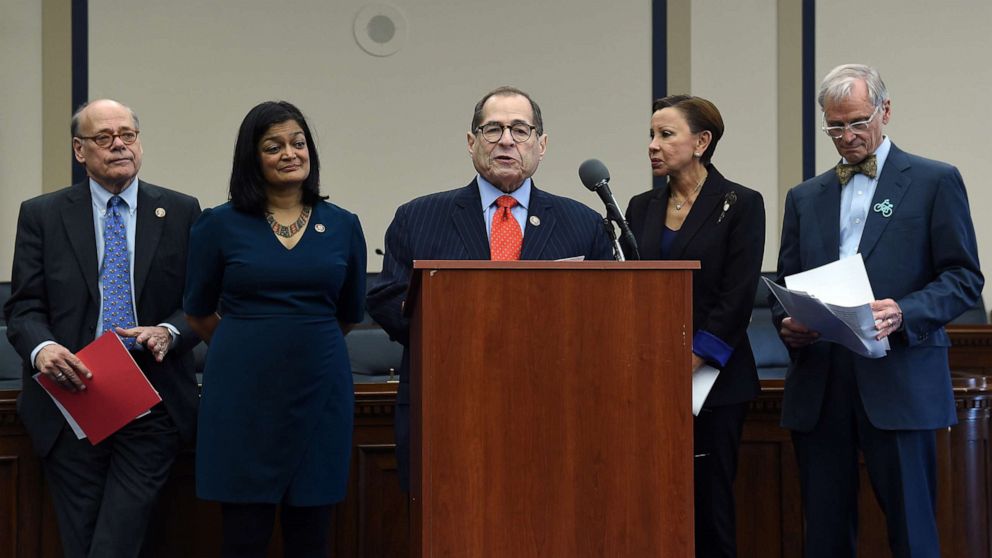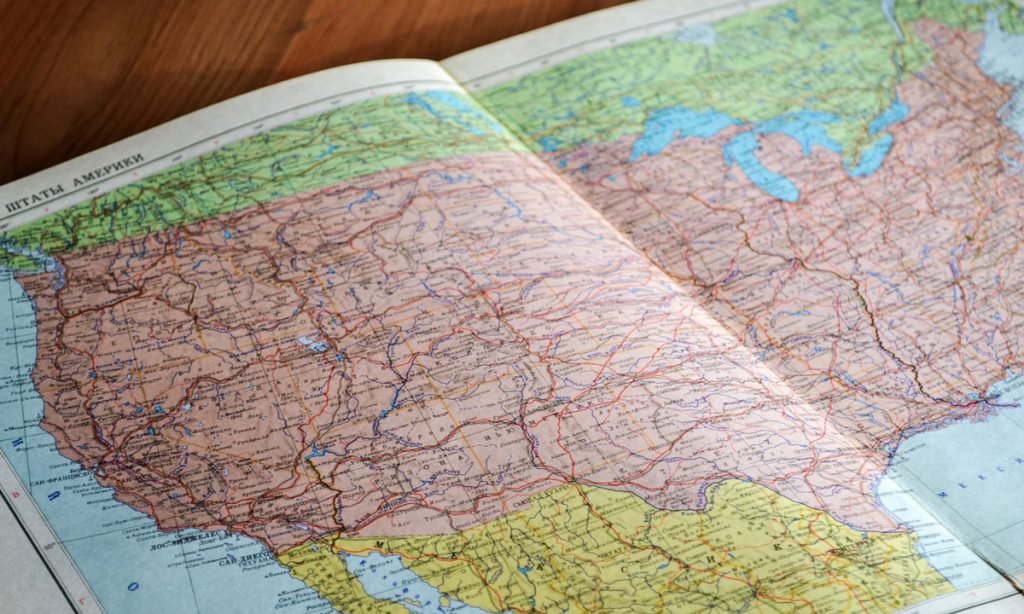Thousands of people are arrested every year for illicit consumption of narcotic drugs and psychotropic substances (NDPS). In 2018, 81,778 persons were arrested under the NDPS Act. Fifty-nine per cent of the those were found in possession of substances for personal use. Our forthcoming findings on Mumbai give an insight into how many people are arrested for illicit cannabis consumption, in comparison to other prohibited substances.
During the course of our research, we analysed 10,669 cases from Magistrate Courts in Mumbai, 99.9 per cent of these cases involved consumption of a narcotic substance. Wherever information on the kind of substance involved was available, 87 per cent of the cases involved cannabis. We find, therefore, that Mumbai’s NDPS arrests, which are the highest in the country, are primarily arrests of cannabis consumers. This suggests that criminalisation of cannabis consumption is pushing a substantial number of people into the criminal justice system.
Strain on the criminal justice system
Criminalisation of illicit cannabis use exacerbates the strain on the criminal justice system. The impact is particularly felt by an already overburdened and understaffed police force, where the police per lakh population ratio and vacancies have constantly remained a critical governance issue and the judicial system, already crumbling under high pendency.
In order to arrest, prosecute and sentence a cannabis consumer, the state machinery exhausts substantial human and economic resources. The police, judiciary and correctional institutions are systematically made party to a futile exercise, the cost of which is enormous. With over 3 crore cannabis users in the country, if the NDPS Act were to be implemented effectively, with every cannabis user arrested and prosecuted, the crumbling system would cave in entirely.
Although there is no current research on the cost of enforcing cannabis prohibition in India, studies conducted abroad find that on an average, incarceration costs are 2-6 times higher than money spent on health and social services. A study of budgetary implications of cannabis prohibition in the US indicated that legalisation of cannabis would save $7.7 billion per year in government expenditure.





